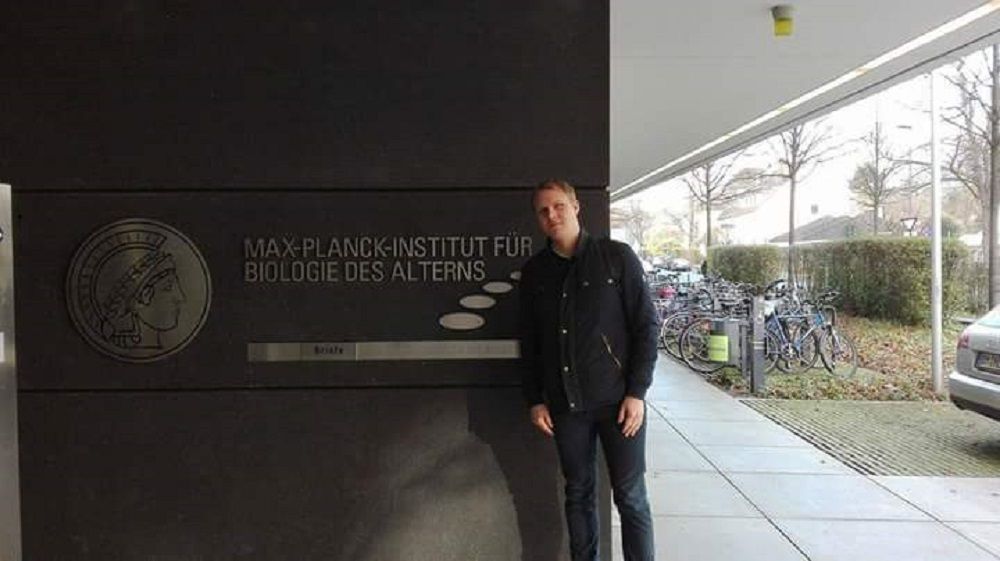You might think that being overweight may cause you health problems only until you finally shed those extra pounds, at which point everything will be fine again. It sounds reasonable, but it might be not so easy. According to a new study published in the Journal of Experimental Medicine on December 27, the negative effects of obesity might last even after that extra weight has been lost.
Yes, it appears that being overweight can have lasting consequences that persist long after the weight comes off. Damage to the hematopoietic stem cells can be caused by being overweight, making it all the more reason to try to maintain a healthy weight as part of your personal health and longevity strategy.









